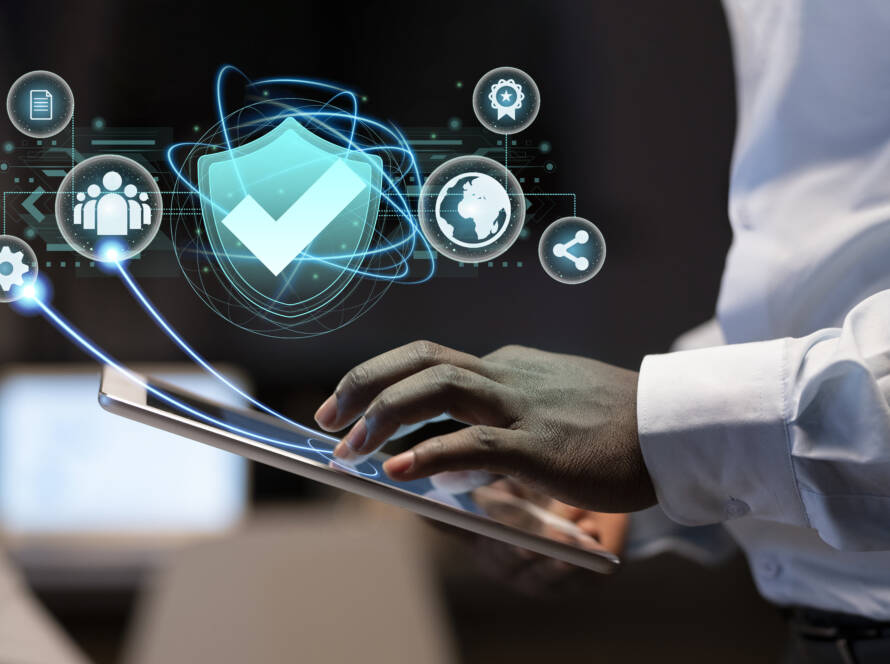Dementia, a neurological disorder that has a profound impact on cognitive abilities and daily functioning, is becoming increasingly prevalent due to the aging global population. Consequently, innovative strategies are required to provide effective support to individuals living with dementia. Mobile technologies have emerged as a promising solution to enhance the well-being of people with dementia, offering a variety of applications that improve communication, provide cognitive assistance, and elevate overall quality of life.
One of the primary symptoms of dementia is memory loss, and mobile technologies play a crucial role in assisting individuals with managing their daily tasks and appointments. Through personalized memory aids, such as mobile apps, individuals with dementia receive reminders in the form of text, images, or voice prompts, allowing them to retain their independence and alleviate anxiety associated with memory challenges.
In addition, mobile technologies offer a wide array of cognitive stimulation and brain training apps specifically designed for individuals with dementia. These apps engage users in interactive activities, puzzles, and games that boost mental agility, stimulate memory, enhance attention, and foster problem-solving skills. Engaging in cognitive stimulation not only helps maintain cognitive function, but also promotes a sense of accomplishment and enjoyment, positively impacting emotional well-being.
Furthermore, mobile technologies address the social isolation commonly experienced by individuals with dementia. By leveraging video calling applications and messaging platforms, individuals can stay connected with loved ones and caregivers, irrespective of geographical distances, facilitating communication and promoting social engagement.
Safety is a paramount concern for individuals with dementia, given their tendency for disorientation and wandering. Mobile technologies provide GPS tracking devices and applications that enable caregivers to quickly locate individuals if they become lost or disoriented. This offers reassurance to both individuals with dementia and their caregivers, enhancing safety and minimizing anxiety.
Aligned with the aforementioned, the mHEALTH project, a European initiative, seeks to increase the capabilities of individuals with dementia in adopting mHealth technologies. The project aims to empower individuals by promoting self-management, transferring relevant information about affordable mHealth technologies, developing a training methodology based on interactive learning and gamification, and creating a Digital Serious Game to motivate engagement and boost digital skills.
In conclusion, mobile technologies present significant opportunities to improve the lives of individuals living with dementia. By harnessing memory aids, cognitive stimulation apps, communication platforms, and safety features, these technologies enhance overall well-being and empower individuals to navigate the challenges of dementia. The mHEALTH project exemplifies the ongoing commitment to advancing mHealth technologies and providing comprehensive support to individuals with dementia.



